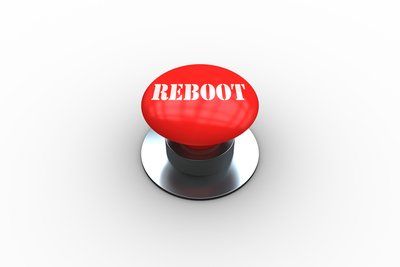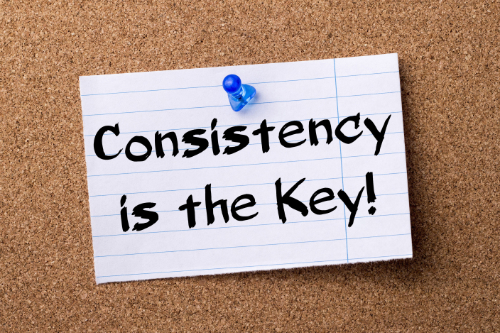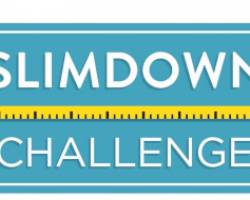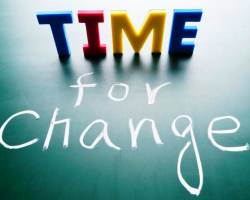ITG Diet Blog
The ITG Diet blog delivers informative weight loss tips, health resources and nutritional information to help you along your weight loss journey.
Why Am I Constipated and What Can I Do About It?
- Font size: Larger Smaller
- Hits: 3734
- 0 Comments
 Nearly everyone experiences constipation at some point in life. Constipation is a symptom that can be caused by many factors and is defined as having a bowel movement 3 or less times in a week. Poor diet, dehydration, or a lack of exercise are very common culprits. Women typically experience constipation more often than men, especially on a ketogenic diet. This is due to hormones and how the digestive system slightly differs between the sexes. What can you do if you are experiencing constipation?
Nearly everyone experiences constipation at some point in life. Constipation is a symptom that can be caused by many factors and is defined as having a bowel movement 3 or less times in a week. Poor diet, dehydration, or a lack of exercise are very common culprits. Women typically experience constipation more often than men, especially on a ketogenic diet. This is due to hormones and how the digestive system slightly differs between the sexes. What can you do if you are experiencing constipation?
First things first: You should always check with your doctor if you are experiencing chronic constipation or any associated pain to make sure you don't have any underlying medical issues. While you're on a ketogenic diet such as ITG, you may find that you have more restroom issues early on in the program. This is because your body is often getting used to you consuming a completely different set of foods. Making the switch from highly processed foods that contain lots of fat, sugar, and sodium to eating low levels of carbohydrates, lots of vegetables, and salad can throw off your digestion. It usually takes just a couple weeks for your body to be able to process these foods more efficiently.
If you are experiencing constipation or bloating, here are some ways to beat the symptoms and "move" on!
Drink more water. Dehydration is one of the most common causes of constipation. When you aren't properly hydrated, there won't be enough water in the colon to create soft, passable stools. Your body will draw water away from the colon and make it harder to go to the bathroom, causing constipation. Ketogenic diets in particular are known to cause dehydration, so it's important to drink plenty of pure water each day and use a bit of sea salt at mealtimes so that your body can retain some water.
Eat that fiber. Soluble fiber tends to slow down digestion and can absorb water, keeping stools soft. Insoluble fiber can speed up processes in your digestive tract by helping soften the stool, bulk it up, and make it easier to pass from the body. Getting enough fiber into your diet is as easy as making sure to consume fiber-rich vegetables every day. However, too much fiber can cause gas and bloating, according to Medicalnewstoday.com. "The uncomfortable side effects of excess fiber can occur when someone eats more than 70 grams of fiber a day." Some vegetables that contain fiber and can help with constipation are broccoli, asparagus, Brussels' sprouts, green beans, spinach, squash, and zucchini, among others.
Get moving. Light cardio and simple activities such as walking, swimming, biking, dancing, and even stretching can increase breathing, boost your heart rate, and stimulate your bowels.
Take a supplement. Making drastic changes to your diet and eating lots more vegetables than your body is used to can cause gas and bloating. Your digestive system creates all the proper enzymes to break down anything you eat. Your gut biome will need time to create the enzymes needed when you make these changes to your diet. Some supplements can cause constipation symptoms to get worse, like taking too much calcium.
ITG Colon/Lax helps improve bowel motility and tonicity. It can be used as a fast acting yet mild laxative for a short period of time as needed, as well as a daily bowel detoxifier. It contains magnesium hydroxide which draws water from surrounding body tissue into the intestines. It also contains triphala, a widely used botanical formula, to help promote smooth functioning of the bowels and relieves constipation.
Try an over-the-counter remedy. There are many OTC products available to aid in the relief of constipation. Check with your doctor and always follow the instructions on the label when taking any OTC medication or remedy.
Try some of these simple diet and lifestyle changes to help get your digestive system back on track! Read more about constipation, causes, and even medications that can affect your digestion.











